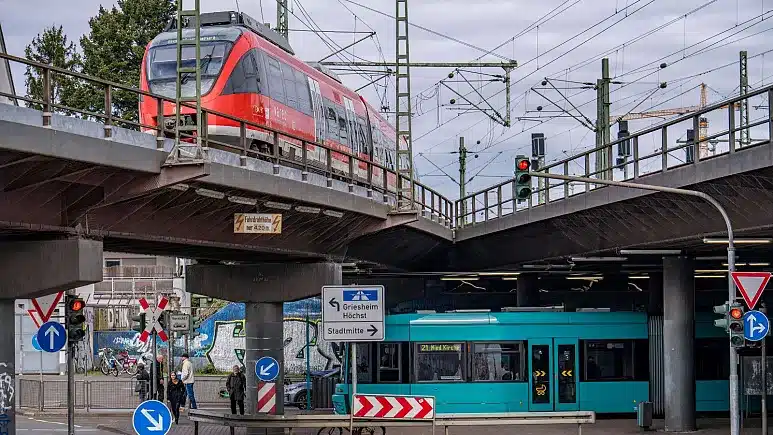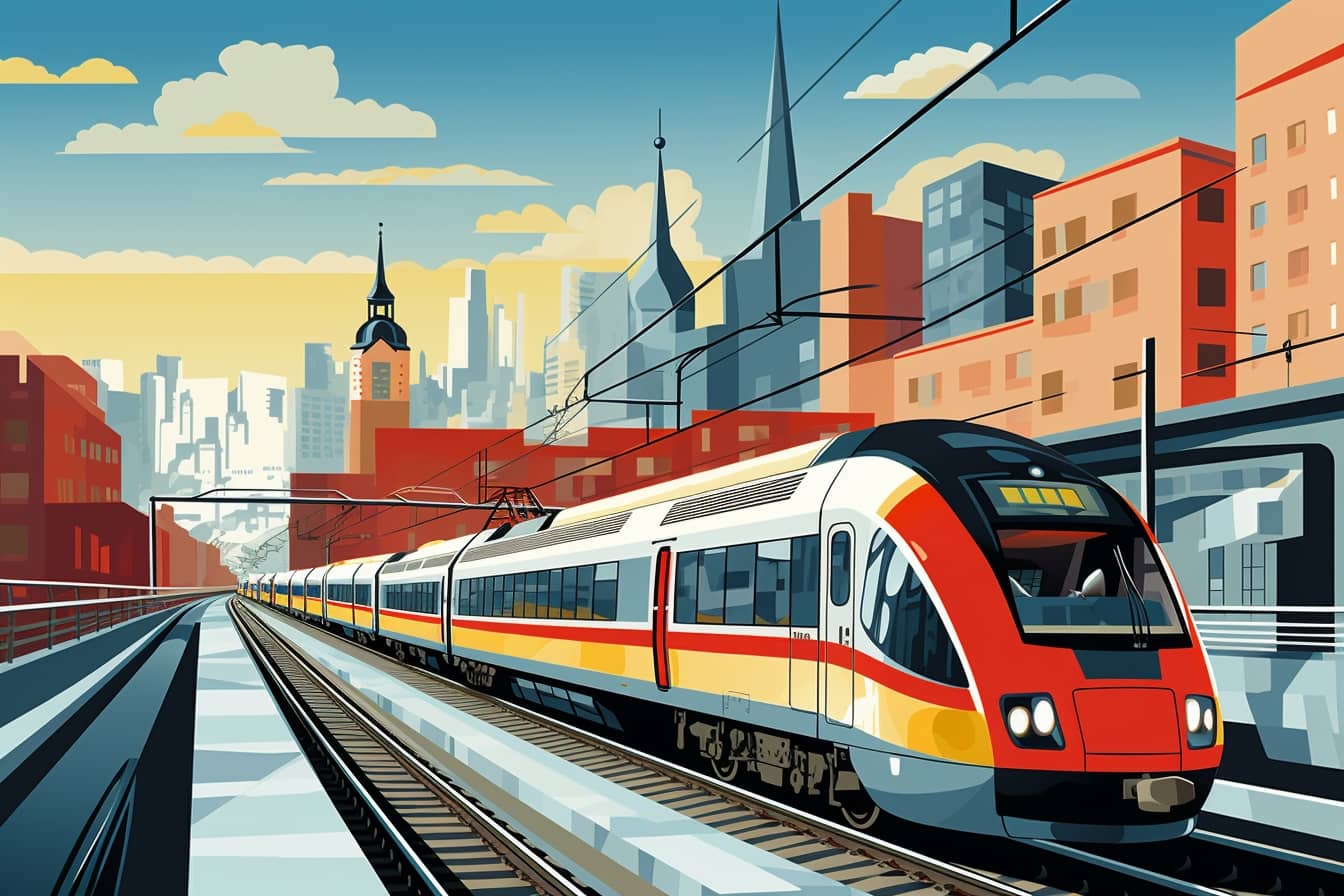In the heart of Europe, where ancient forests mingle with modern metropolises, Germany has introduced a small earthquake in the world of transport called “Deutschlandticket”. Things? It's a ticket to travel around the entire country for just €49 a month. A bold measure, yes, but one that has had extraordinary success, changing the travel habits of millions of people.
An unexpected triumph
Il Germany ticket, or as many affectionately call it dal first announcement of March, the “D-Ticket”, is not just a ticket, but a vision. A vision of a future where people choose public transport not just out of necessity, but because it is the best choice. And the numbers speak for themselves. Second Evelyn Ball, CEO of DB Regio, there has been a 25% increase in passengers on Deutsche Bahn's regional services since the ticket was introduced.
Launched in May, the D-Ticket opened the doors to endless possibilities. Whether you want to take a tour of lively Berlin, explore the forests of Bavaria or simply visit family on the other side of the country, the D-Ticket is enough. And it's not just about trains. It also includes the use of buses and trams, making every journey a hassle-free adventure.

The Magic Ticket
What was the push that led people to (literally) tear off this note? The data shows that over the summer, Germans used the D-Ticket to travel “significantly longer distances”. Whether it was a trip to the beach or a mountain climb, the D-Ticket made it all possible. And, as he points out Palla, it's not just a seasonal peak. There is a clear trend towards the adoption of public transport as the main choice.
The popularity of the German “single ticket” shows no signs of slowing. Volker Wessing, German Transport Minister, highlighted that in less than three months the local public transport has seen nearly a million new customers. And they're not just occasional travellers. We are talking about people who have made public transport an integral part of their daily routine.
The future of the D-ticket
With all this success, many are asking: is the Deutschlandticket here to stay? Someone raises concerns about its sustainability, but Wissing he is optimistic. He believes the more people who subscribe, the cheaper the ticket will become in the long run. And with the current trajectory, the future looks bright.
And in the rest of Europe? In the rest of the world? Politics is stuck in the pomp of discourses on sustainability, but the D-Ticket removes all alibis. Its extraordinary success demonstrates that with the right initiatives we can change people's habits and make a tangible difference for our planet.
If you want, you can. The rest is talk.


